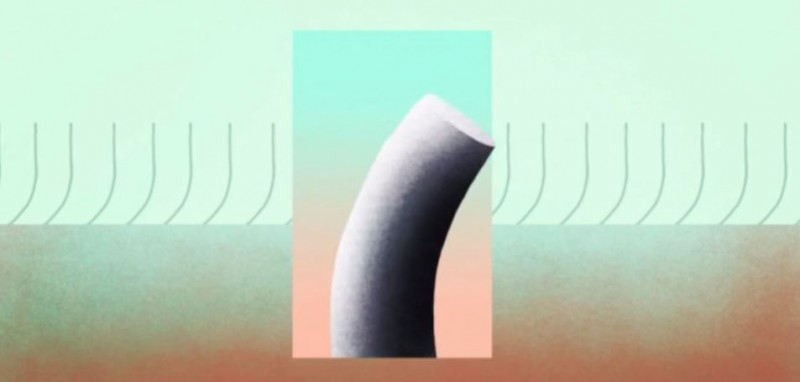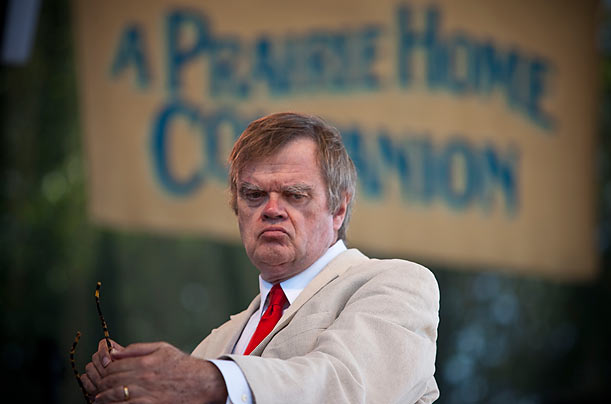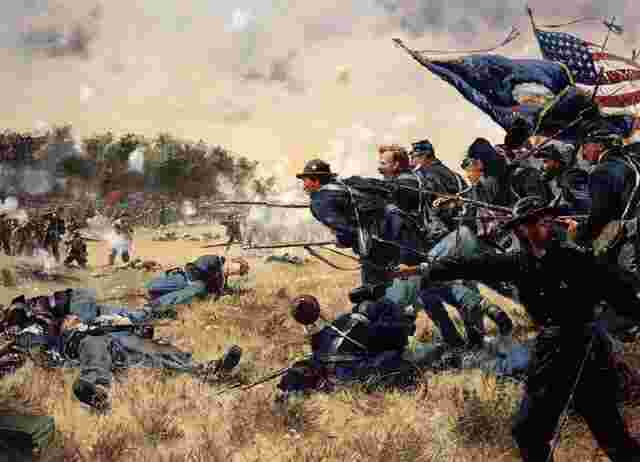Part 1/8: Poetry of Perception:
PUBLISHED BY HARVARDX NEUROSCIENCE
An eight-part series on representations of perception and sensation made for fundamentalsofneuroscience.com. “The world is given to me only once, not one existing and one perceived. Subject and object are only one.” Erwin Schrödinger.
Words by Walt Whitman
Animation by Sophie Koko Gate
3D Floater Animation by Tomas Kemp
Narration by Peter Blegvad
Sound + Music by Oswald Skillbard
Produced by Nadja Oertelt
Note from Carey Dunne
at HYPERALLERGIC
Since Walt Whitman published Leaves of Grass in 1855, the famously banned poetry collection has inspired all kinds of contemporary artistic homages, including Breaking Bad subplots, illuminated manuscripts, Lana Del Rey songs, and a typeface made from images of naked men, to name just a few. London-based animator Sophie Koko Gate‘s mesmerizing cartoon rendition of “Song of Myself” is the latest in this slew of Whitman tributes, and perhaps the most accessible for the internet age.
Narrated in baritone by Peter Blegvad, with suggestive, psychedelic graphics, the animation gives fresh life to the 160-year-old epic poem. Set to Oswald Skillbard’s spastic electronic music, Whitman’s words sound as radical and contemporary as ever. Even those who have read and reread the poem “Song of Myself” will find it strange and new here, thanks to colorful visualizations of “love-root, silk-thread, crotch and vine” and strange alien creatures mouthing “the belch’d words of my voice loos’d to the eddies of the wind.” It’s basically a Walt Whitman music video, with a bit of a Tom Waits vibe. | READ MORE








